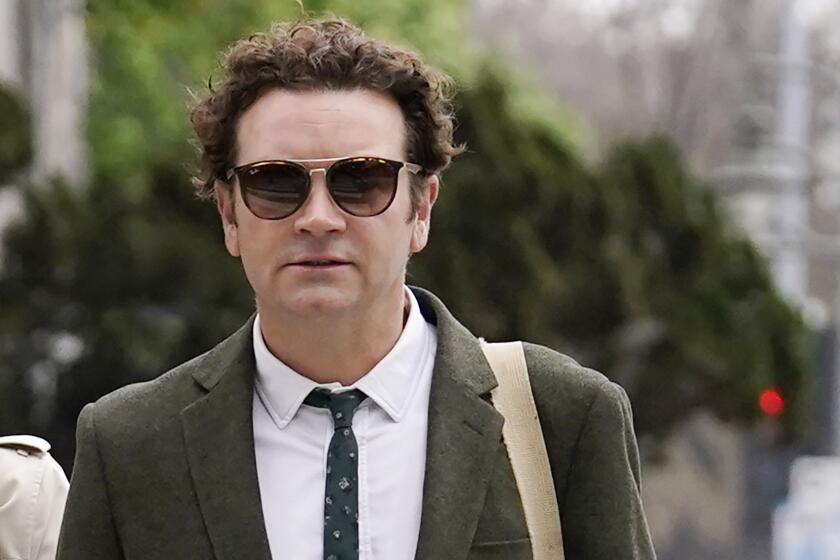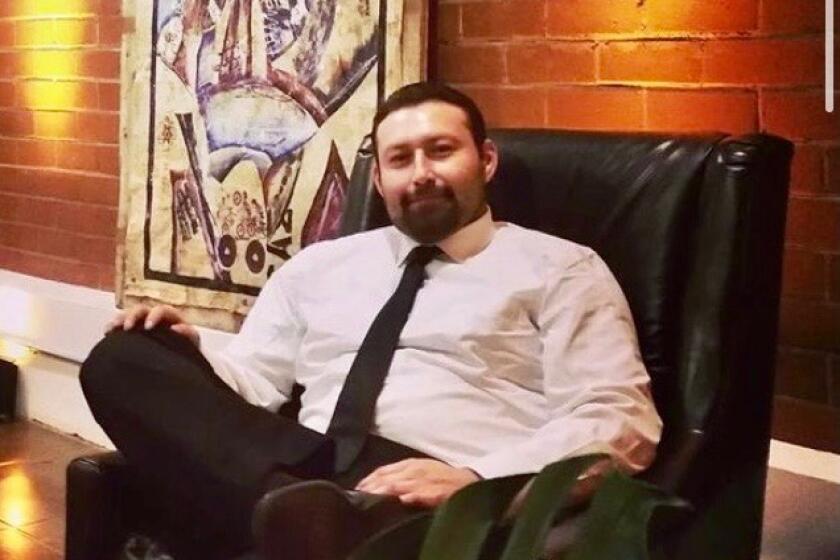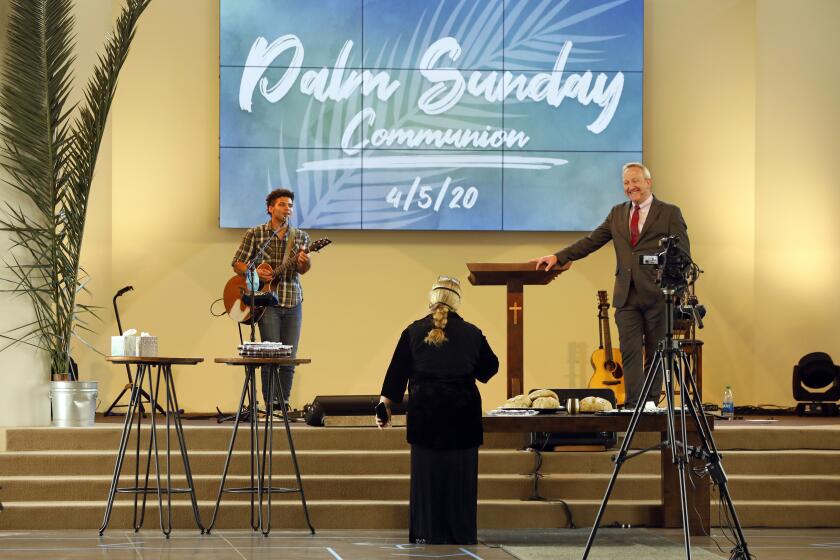Complaints about sober-living homes take hold in Huntington Beach
For the second time in three months, the council and city officials discussed sober living homes in Huntington Beach neighborhoods.
City Atty. Michael Gates indicated during a study session Monday that there was little that could be done since the dwellings — which often have six or fewer people living in them, don’t offer treatment or services and “are classified as regular households” — are zoned residential, not commercial, and do not require any type of license to operate.
“The zoning has to be non-discriminatory,” he said of the homes, which are often called “six packs.”
Gates said his office is looking to address the problem without spurring a lawsuit and is paying careful attention to nearby cities that have been battling the same problem, often with legal entanglements.
Facilities with more than seven people are regulated by the state and are licensed, Gates added.
He said the city is aware of more than 20 licensed facilities, including four residential detox centers, and has received complaints about 10 facilities. Gates said it was unclear whether the 10 referred to were licensed or unlicensed.
City officials say it’s hard to keep track of the number of unlicensed sober-living homes operating in Surf City.
Police Chief Robert Handy said the typical complaints about these places are related to noise and parking.
Several residents who attended the study session complained that the people at the sober living homes are often loud into the late hours and take up much of the street parking.
Handy added, however, that the noise “does not typically rise to the level of nuisance,” and police do not currently have a way to regulate the number of cars in a neighborhood.
He said police have “rarely issued citations” for such complaints and can only give parking citations when a vehicle is illegally parked or blocking a driveway.
He said the Police Department is working with code enforcement to find a way to remedy these problems.
“This has been a rapidly evolving problem for us in the last 18 months, and we have seen a rise,” Handy said.
The chief explained later in a phone interview that he did not know if the number of homes has increased in this time but that his department has been getting “a lot more complaints” about them.
He said he believes the problem has grown because “this is a profitable business model” that is not heavily regulated.
“It’s happening everywhere.,” Handy said. “I think we’re on the later side of it. I think we’re just now starting to experience some of the things other cities have experienced in the past.”
About a half dozen residents who live on Worchester Lane — near Beach Boulevard and Yorktown Avenue, where Handy said there are at least four of these types of residences — spoke about their experiences with the homes.
“I don’t have a problem with people who need help,” said resident Bridget Kaub. “But these are not homes. These are businesses, and they are greatly affecting those of us who live there. These are not neighbors.”
Others brought up concerns about safety and property values.
In recent years, Costa Mesa has attempted to regulate its sober-living homes but faced legal challenges in federal court after a pair of operators sued, contending that the city was discriminating against a protected class of people. Newport Beach also went to court to defend its sober-living ordinance, only to lose after a lengthy and costly legal battle.
“We’re going to find out where we can go and where we cannot go,” Gates said. “That does not mean this is the end of the story.”
Twitter: @BrittanyWoolsey
More to Read
Sign up for Essential California
The most important California stories and recommendations in your inbox every morning.
You may occasionally receive promotional content from the Los Angeles Times.











